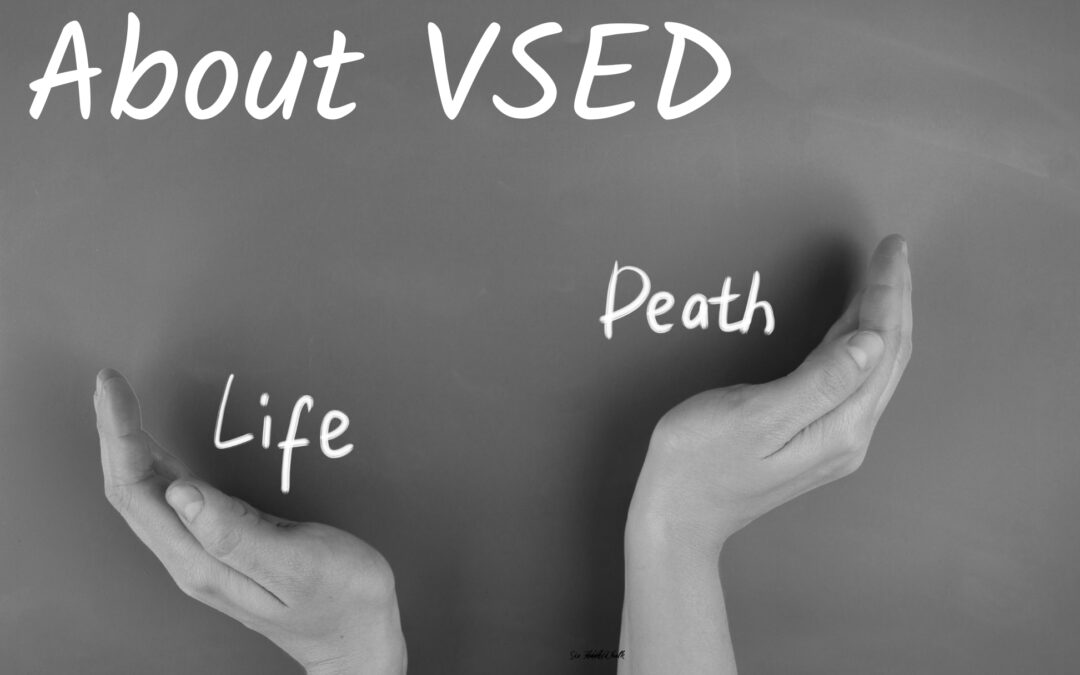In recent years, there has been growing awareness and interest in Voluntarily Stopping Eating & Drinking (VSED) as an end-of-life option. VSED is a conscious and deliberate choice made by individuals who are terminally ill and wish to hasten their own death by voluntarily stopping their intake of food and fluids. This article explores the concept of VSED, its ethical considerations, the process, and the importance of informed decisions.
What is VSED?
Voluntarily Stopping Eating & Drinking (VSED) is a process in which a person who is terminally ill chooses to stop eating and drinking in order to hasten their death. VSED is also sometimes known as terminal or end-of-life fasting.
Who is VSED for?
VSED is a legal option for people who are terminally ill and have a clear understanding of the risks and benefits of the process. The question about “terminal” status frequently comes up. When a patient might be considering MAID (Medical Aid In Dying), they would have to be terminal, with less than 6 months to live. With VSED, they could likely have a terminal illness (something like MS or Alzheimer’s Disease), but not want to live another 5, 10 or even 20 years with a debilitating illness. In that case, they could still be considered as terminal, but have much more than 6 months to live. VSED is not an option for people who are depressed or who have other mental health conditions that may impair their decision-making capacity.
Are there Ethical Considerations?
The decision to engage in VSED is deeply personal and can raise ethical questions. Advocates argue that it allows individuals to exercise autonomy and have a more active role in their final moments. Critics express concerns about potential discomfort and the need for proper medical supervision. Engaging in open discussions with loved ones and medical professionals is crucial to ensure a well-informed decision.
What are the benefits of VSED?
- Control over the dying process: VSED allows people to control how and when they die. This can be a source of comfort for people who are facing a terminal illness but who do not have access to MAID (Medical Aid In Dying).
- Peace of mind: VSED can give people peace of mind knowing that they are not suffering unnecessarily.
- Many individuals report experiencing a sense of clarity and calm during the process.
- Dignity: VSED allows people to die with dignity, surrounded by their loved ones.
What happens during VSED?
When a person goes without food and especially liquids, the body’s natural response is dehydration. Symptoms such as dry mouth, drowsiness, and mental confusion may occur. Uncomfortable symptoms can be managed with medical care such as palliative care and/or hospice.
How to decide if VSED is right for you?
If you are considering VSED, it is important to talk to your medical professionals and your loved ones about the decision. You should also consider the following factors:
- Your prognosis: VSED is only an option for people who are terminally ill. If you have a good chance of recovery, VSED is not the right choice for you.
- Your quality of life: VSED is a good option for people who are experiencing severe suffering. If you are still able to enjoy life, VSED may not be the right choice for you.
- Your values: VSED is a personal decision. It is important to choose an option that is consistent with your values and beliefs.
- It’s essential to fully understand the physical and emotional aspects of the process. Open communication helps ensure that the decision aligns with an individual’s values and wishes.
If you decide that VSED is right for you, there are a few things you can do to prepare:
- Make an advance directive: An advance directive is a legal document that outlines your wishes for your care if you are unable to make decisions for yourself.
- Talk to your healthcare providers: Your healthcare providers can help you understand the risks and benefits of VSED and can make sure that you have the medical care you need.
- Talk to your loved ones: It is important to talk to your loved ones about your decision to undergo VSED. They may need time to adjust to the idea, but they should be supportive of your decision.
- Find a support group: There are many support groups for people who are considering or undergoing VSED. These groups can provide you with emotional support and information.
- An End of Life Doula/Death Doula can be a valuable resource and advocate if you choose to do VSED. Many of us have specialized training in VSED and can help you navigate this process. Doulas can also act as a Healthcare Surrogate and Advocate to be sure your wishes are followed.
- Support from family members, friends, and healthcare providers is crucial during the VSED process. Emotional and psychological support can help alleviate feelings of isolation and anxiety. Having a comprehensive plan in place, including palliative care, can ensure that the process is as comfortable as possible.
- You simply must have a medical team in place. VSED is not something you can just do without medical support. Not all hospices will support a patient choosing VSED, but the medical care that a hospice provides (pain medication, etc.) is very important if one chooses VSED. So it is important to make sure you have a supportive hospice on board or a palliative care physician who can help you during this process.
VSED is a difficult but deeply personal decision and it can be a way for people who are terminally ill to exercise their right to autonomy and control their dying process to die with dignity. As society continues to engage in conversations about end-of-life choices, it’s important to approach VSED with compassion, empathy, and respect for personal beliefs. Informed decisions, open communication, and access to medical guidance can empower individuals to navigate their own end-of-life journey on their terms.
Have more questions about VSED and need support? I’ve worked with people who chose VSED to hasten their death and I can help you navigate this process. Contact Me today for a consult and let me help you.


